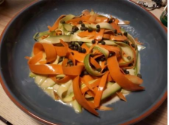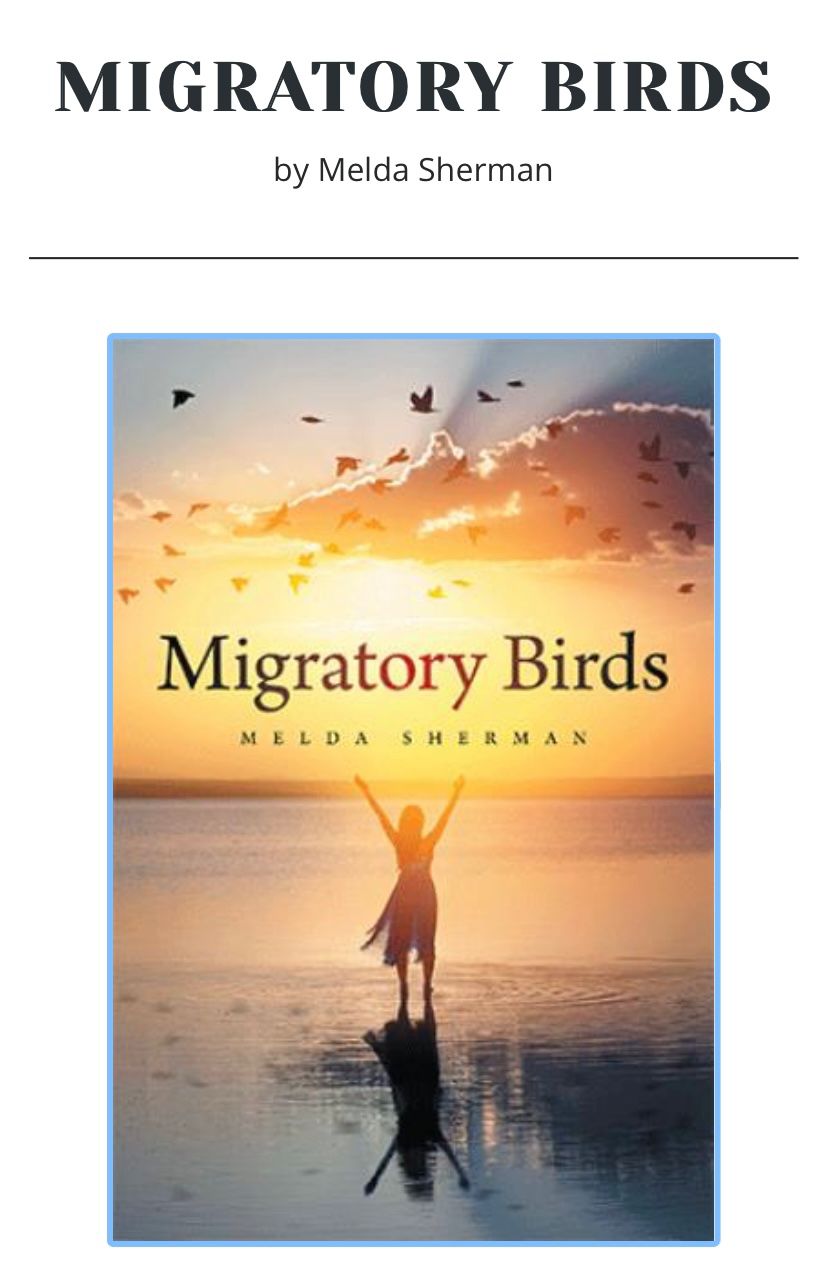
LONDON
If you have read my previous articles in the magazine, you may think that I am a carnivorous chef, one of the ambassadors of high gastronomy that feeds the waste culture. You are right about this. Therefore, you will find the things and ideas I have discussed in this article contradictory with my professional existence, but I could not help but say the right thing.
In recent years, some food trends aim to eat a vegan or plant-based diet, reduce, and regulate waste production, and reduce the production and consumption of red meat.
Nutrition in these ways is of great value both for our inner world and for our outer world. While it brings peace and balance in our inner world, it should be seen as a global political movement.
As you know, the world’s resources are being depleted day by day. Hectares of forests are slaughtered for meat production, and carbon dioxide production is accelerated by both livestock and deforestation. This brings with it global warming, which is perhaps the biggest global problem of our time. So, reducing or ending our meat consumption could mean saving the Earth, or rather humanity. As such, such trends play an important role for our environment. The number of trees cut down in 2018 was around 15 billion. Not all of this is for meat production, of course. However, in order to prevent this slaughter, we can put red meat consumption in the first place among our habits that we need to end. Some red meat lovers may see this as impossible, but today there are artificial red meats that are under development and have already begun to be sold. The textural, taste and visual difference of these ‘meats’ produced in a laboratory environment from real red meat is decreasing day by day. In addition, reducing the amount of our waste is possible and important in every field, as well as in the kitchen. Personally, I try to end the use of plastic in my kitchen and return organic waste to nature. To emphasize the importance of this, gastronomy guides have already started giving awards to restaurants.
Of course, I cannot predict the end of humanity, but I can say that if we cannot prevent global warming, it will happen in a few 10 years. It’s up to us to delay our end.
This time, I am sharing with you a vegetarian recipe where you can evaluate the vegetables and herbs
left in your refrigerator.

for 2 people
Mustard Vegetable Salad
for 2 people
5-6 leftover vegetables (I used carrots and zucchini)
3 tablespoons of capers
2 pinches of leftover herbs (parsley, coriander, basil…)
2 tablespoons mustard
1 clove of garlic
1 tablespoon of yogurt
1/2 tablespoon of mayonnaise
1 tablespoon of honey
3 tablespoons of vinegar
1/4 cup of olive oil
Salt
Black pepper
Slice your vegetables vertically into thin strips using a peeler. Crush the garlic.
Mix with mustard, yogurt, mayonnaise, honey, vinegar, olive oil, salt, and pepper.
Thinly slice the fresh herbs with a knife. Place the vegetables on the serving plate, pour the sauce generously over it. Sprinkle the capers on top. (Squeeze out the pickling juice with your hands before use.)
Garnish with chopped fresh herbs.
Note: Salad dressings should be very sour and salty when you taste them alone.
Thus, they can season large quantities of vegetables and mixes such as salads.
Alican Saygı
Instagram: @alican_saygi


